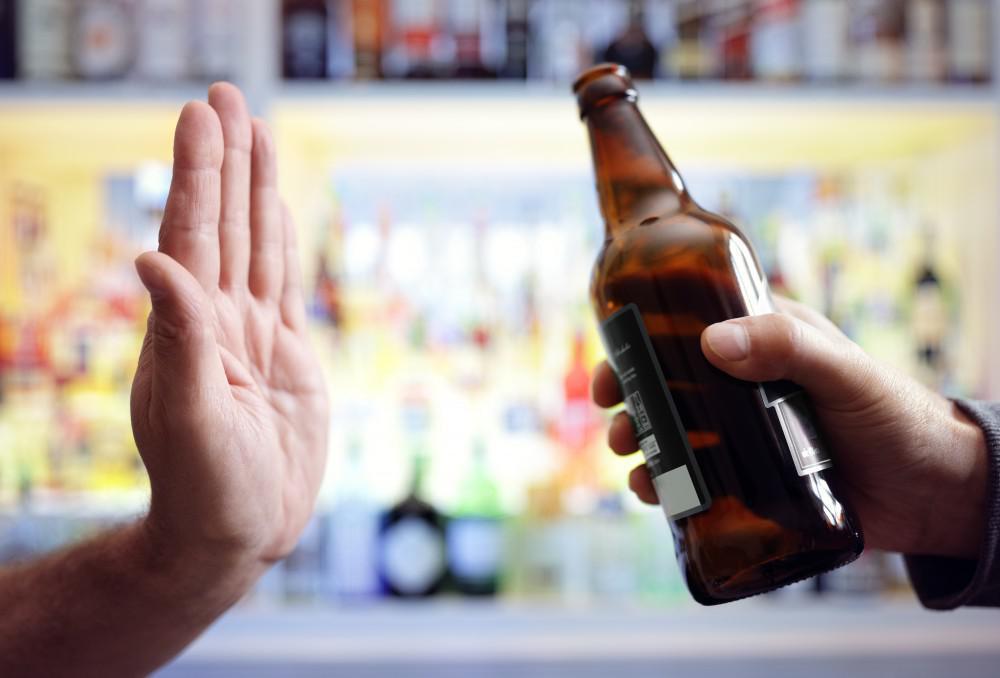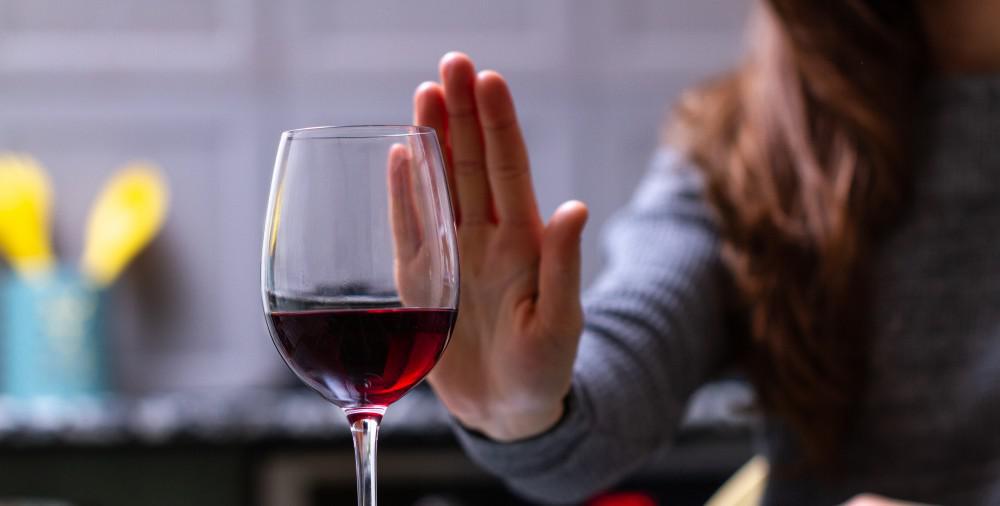
5 Tips for Staying Sober
You’ve done the work to become clean and sober, and you want to do what you can to stay that way. Here are five great tips that will help you safeguard your freedom from a substance use disorder.

Nearly 21 million people in the United States have a substance use disorder and, for most of these people, there are loved ones who have also been affected by the problem. If you’ve watched your partner fall down into the hole of a substance use disorder, you’re thrilled to learn that they want to quit.
Unfortunately, saying they want to quit is the easy part, as the detoxification and withdrawal process can be arduous. Still, you want to know what role you can play in supporting your partner.
To help, the team at Northview Wellness has pulled together a few tips to keep in mind as you help your partner to navigate withdrawal and detox.
The most important way you can help your partner is to seek professional help for detoxing. Quitting alcohol or opioids cold turkey, for example, can be life-threatening, at worst, and very uncomfortable, at best.
From body aches and tremors to hallucinations and seizures, the list of withdrawal symptoms from drugs and alcohol are frightening, and you’d do well to have an experienced team helping you through this process.
At our practice, we offer medication-assisted treatments that ease these symptoms and help smooth the way forward to a drug- or alcohol-free life.
Once you’ve connected with our team and we’ve set up a detox program for your partner, there are a few things you can do to help with the journey, including:
Take a look around the house and clean out anything that might “trigger” your partner. If your loved one is trying to detox from alcohol, for example, remove all alcohol from your home — even that old bottle of sherry that’s been sitting in your cupboard for years.
As well, if your partner is addicted to opioids, be sure that there are no prescription painkillers lying around.
When your partner is detoxing, their brain is fighting the process and sending constant urge signaling. If you can find ways to distract your partner, the efforts will help. Whether it’s binging a TV show or going for walks, keeping your partner’s mind otherwise occupied is key.
There may be times when your partner is irritable and just wants to be left alone, and you should give them their space during these moments. Any rejection of your attempts to help isn’t a reflection of you, but of their own struggle.
While providing them some space is good, if they want to isolate for weeks on end, we suggest that you talk to us about the problem.
We urge you to take care of yourself during this time and find a support group. Whether it’s a 12-step Al-Anon group or an online support group, there are millions of people who have been through this same process with a partner and their support can be very helpful.
Ultimately, by finding the right medical support for your partner and the right emotional support for yourself, the two of you can weather the withdrawal and detox process more easily.
If you have more questions about how to support your partner or you’d like to learn more about our detox services, please contact our office by phone or email to set up a consultation.

You’ve done the work to become clean and sober, and you want to do what you can to stay that way. Here are five great tips that will help you safeguard your freedom from a substance use disorder.

The connection between a substance use disorder and a mental health issue is a strong one, as the nearly eight million Americans who have a co-morbidity prove. When this occurs, treating both issues is paramount.

Addiction is a chronic disease that requires constant vigilance and good management. When a person falls short, relapse can occur. If you’re worried that a loved one has relapsed, here are some signs to look out for.

You believe that you’re drinking isn’t normal anymore, and you’re tired of the overwhelmingly negative effects that alcohol is having on your life. The good news is that alcoholism is highly treatable.

The rise in availability of telehealth services has been great news for those who need (or would prefer) to receive quality health care from the comfort of their own homes. These services also extend to substance use disorders.

Whether you’ve tried to break your opioid addiction before or this is your first attempt, why not greatly increase your chances of success with Sublocade®? Here’s a look at how Sublocade can ease your recovery journey.